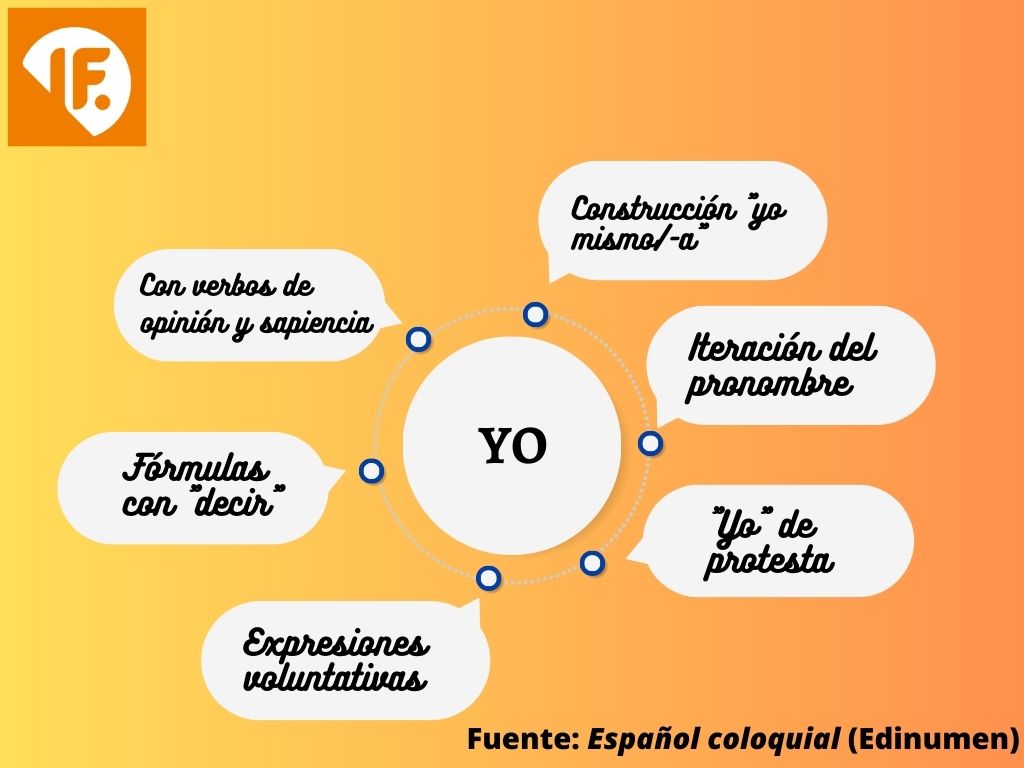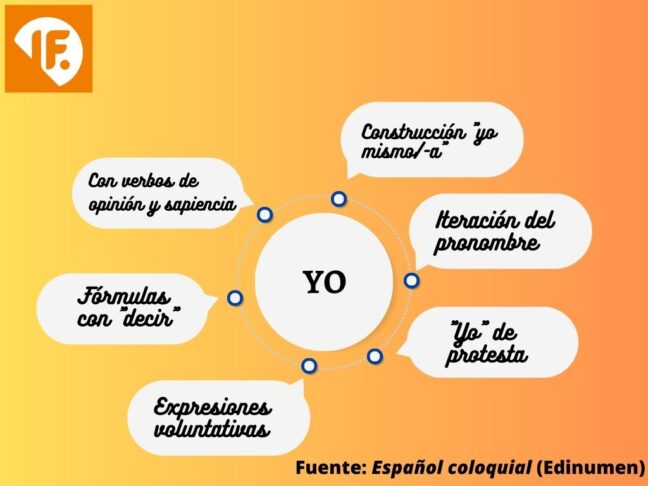No, no vamos a hablar de psicología. Pero… ¿verdad que queda chulo el título?
De todas formas, si bien no hablaremos de Freud, sí lo haremos de un superpronombre: el “yo”.
De todos es sabido que, a diferencia de otras lenguas, en español no es necesario incluir el “yo” para expresar la persona del hablante, ya que con la desinencia verbal es suficiente.
Sin embargo, en la lengua coloquial, con frecuencia recurrimos a él. Entonces, si no es necesario desde el punto de vista gramatical, ¿por qué lo usamos en ciertos contextos? . Pues muy sencillo: porque así nos lo exige nuestra amiga la pragmática. En efecto, lo que pretendemos en estos casos es hacer valer el propio criterio, individualizando al hablante frente a otras personas.
Tranquilidad, ya os lo explico yo…
Y es que yo pienso que la pragmática debe condicionar el uso que hagamos de la gramática. Vamos, creo yo. Porque, vamos a ver… ¿cómo lo diría yo?… . Es que, de otra forma, no podríamos alcanzar nuestros objetivos comunicativos. Os lo digo yo, que algo he leído sobre esto…
.
Bueno, te dejamos aquí abajo una pequeña infografía sobre el tema (está chula, la he hecho yo mismo), para que puedas relacionar los usos de “yo” con los ejemplos que aparecen en este texto. Y yo, yo me voy a descansar ahora un rato. . ¿Qué dices? ¿Que soy un vago? ¿Yo?
. ¡Eso lo será el señor Freud!

FREUD, THE SPANISH AND THE SUPEREGO
No, we’re not going to talk about psychology. But … isn’t the title cool? 🤨
In any case, although we will not talk about Freud, we will talk about a superpronoun: the “I”. 😎
Everyone knows that, unlike other languages, in Spanish it is not necessary to include the “I” to express the person of the speaker, since verbal desinence is enough.
However, in the colloquial language, we often resort to it. So, if it is not grammatically necessary, why do we use it in certain contexts? 🤔. Well, very simple: because that’s what our pragmatic friend demands of us. Indeed, what we intend in these cases is to assert one’s own criteria, individualizing the speaker in front of other people. ➡️➡️ 😊 ⬅️⬅️
Tranquility, I explain it to you … 😌
And I think that pragmatics should condition the use we make of grammar. Come on, I think. Because, let’s see… how would I say it?… 🤔. It is that, otherwise, we could not achieve our communicative objectives. I tell you, I’ve read something about this… 🤥.
Well, we leave you here a small infographic on the subject (it’s cool, I’ve done it myself), so you can relate the uses of “I” with the examples that appear in this text. And I, I’m going to rest now for a while. 🛋. What are you saying? That I’m lazy? I? 😤. That will be Mr. Freud!

